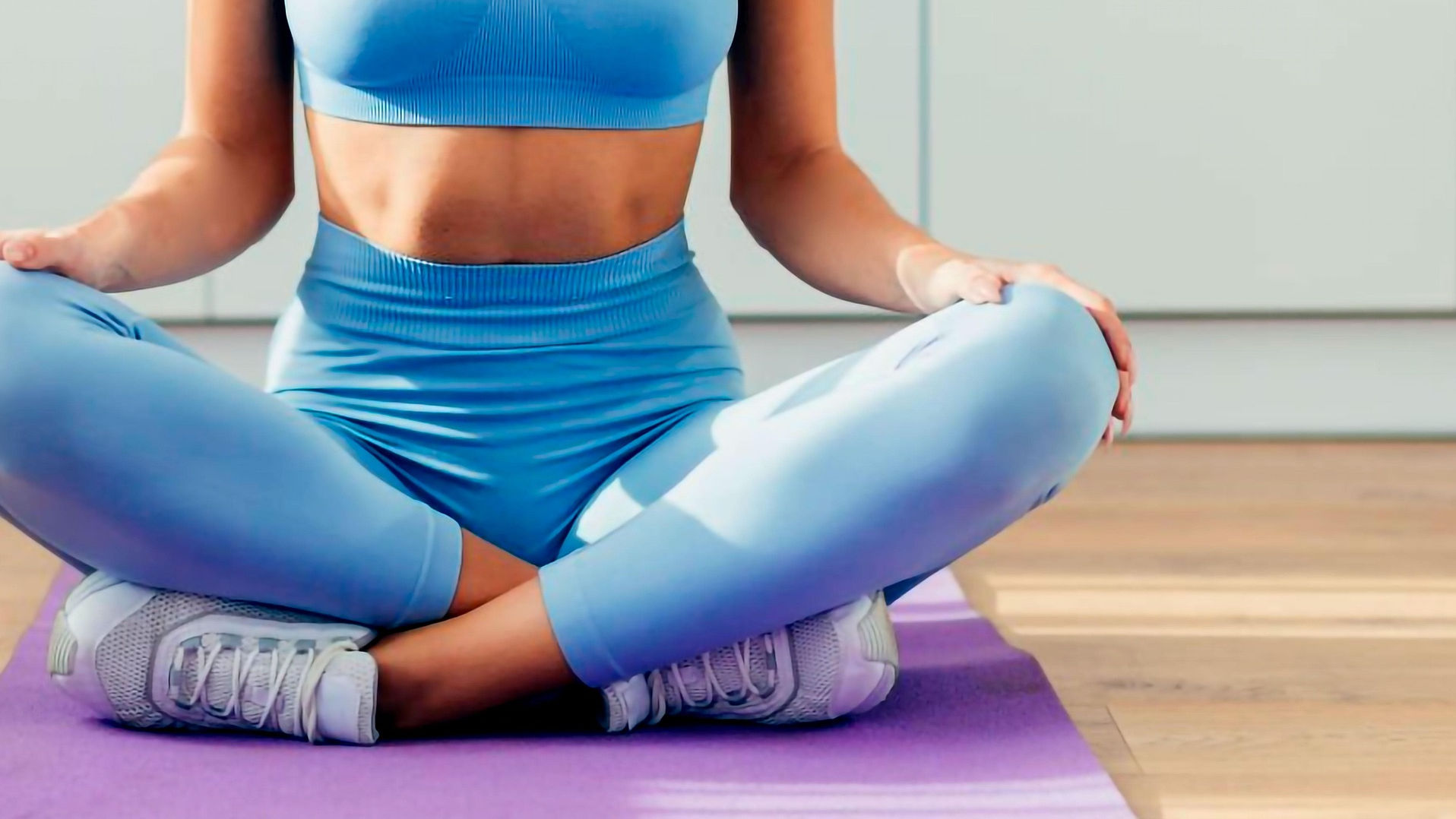PID Home Remedies: Natural Support, OTC Treatments, and Healthy Habits
Pelvic Inflammatory Disease (PID) is an infection of the uterus, fallopian tubes, and surrounding reproductive organs. It often develops as a serious complication of sexually transmitted infections like chlamydia and gonorrhea. If left untreated, PID can lead to significant reproductive health problems, including infertility, ectopic pregnancy, chronic pelvic pain, and abscess formation.
Fortunately, alongside medical care, there are supportive natural remedies, OTC options, and lifestyle habits that can help your body heal and promote long-term reproductive health.
Common Causes of Pelvic Inflammatory Disease
- Sexually transmitted infections (especially chlamydia and gonorrhea) are the primary causes of PID.
- Multiple sexual partners or a partner with multiple partners increases the risk of contracting infections that can lead to PID.
- Douching can push bacteria upward into reproductive organs, disrupting the vagina's natural defense mechanisms.
- Recent gynecological procedures, such as IUD insertion or abortion, can sometimes introduce bacteria if proper care is not taken.
- Untreated bacterial vaginosis creates an environment where harmful bacteria thrive and migrate.
Symptoms of Pelvic Inflammatory Disease
- Lower abdominal and pelvic pain
- Fever and chills
- Unusual vaginal discharge with a foul odor
- Pain during intercourse
- Painful urination
- Irregular menstrual bleeding
- Upper right abdominal pain (rare, but possible if the infection spreads to the liver area)
Early recognition and treatment are crucial to prevent permanent damage to the reproductive system.
When to Avoid Certain Remedies
- Avoid douching entirely — it disrupts natural protective barriers and can worsen PID.
- Be cautious with herbal insertions — do not place herbs, oils, or unregulated remedies directly into the vagina.
- Don't self-treat PID without antibiotics — natural remedies support recovery but do not replace medical treatment.
- Skip essential oil vaginal applications unless directed by a professional — essential oils can irritate sensitive tissues if improperly used.
Lifestyle Tips for Preventing and Managing PID
- Use condoms consistently to reduce the risk of sexually transmitted infections.
- Get tested regularly for STIs, especially if you or your partner has multiple partners.
- Avoid multiple sexual partners whenever possible to reduce risk exposure.
- Strengthen your immune system with a balanced diet, adequate sleep, hydration, and stress management.
- Stay alert to early symptoms and seek care quickly if symptoms arise.
- Complete all prescribed antibiotic treatments — stopping early increases the risk of recurrence and complications.
When to See a Doctor
Always seek professional medical care if you experience:
- Severe pelvic or lower abdominal pain
- High fever (above 101°F)
- Heavy or unusual vaginal discharge with a strong odor
- Persistent or worsening symptoms after starting natural remedies or OTC support
- Signs of an abscess such as swelling, nausea, vomiting, or intense localized pain
Early diagnosis and antibiotic treatment prevent serious complications and preserve fertility. Never delay treatment for suspected PID.
Natural Remedies for PID
Pelvic Inflammatory Disease is a serious condition, but with prompt medical treatment and supportive natural care, you can heal and protect your reproductive health. Combining smart lifestyle choices, dietary support, OTC symptom management, and knowing when to see a doctor will give you the best chance at full recovery. Your health is worth every effort — take care of your body and stay empowered about your wellness journey!
Beta-Carotene-Rich Foods
Beta-carotene strengthens cervical cells, making them more resistant to infection. Include carrots, mangoes, sweet potatoes, pumpkins, and spinach in your diet. Aim for at least two servings a day for immune and cervical health support.
Garlic
Garlic’s natural antibiotic properties help regulate healthy vaginal bacteria and fight harmful strains like Gardnerella vaginalis. Add fresh garlic to meals daily or take odorless garlic supplements if preferred. Continue daily intake until symptoms improve.
Castor Oil Massage
Massaging the pelvic region with warm castor oil can ease cramping and increase blood flow to support healing. Apply warm castor oil to the abdomen and cover with a warm cloth for 20–30 minutes, once daily during recovery.
Pelvic Floor Exercises
Strengthening internal pelvic muscles by practicing gentle contractions (similar to Kegel exercises) can boost circulation, reduce pain, and speed healing. Perform several sets of gentle squeezes throughout the day.
Herbal Remedies
Several herbs support immune health and tissue repair after PID:
- Ginger: Anti-inflammatory and antimicrobial.
- Goldenseal: Natural immune booster with antibacterial properties.
- Fennel: Reduces inflammation and supports hormonal balance.
- Cayenne: Improves circulation and promotes healing.
- Barberry Bark: Rich in berberine, an effective natural antibiotic.
- Cascara Sagrada: Helps detoxify the body.
To prepare an herbal tea, boil a blend of these herbs, strain, and drink a teaspoon three times a day initially. Once symptoms improve, reduce to once or twice a week for maintenance.
Detoxifying Herbal Tea
A powerful tea to detoxify and purify the blood after PID infection includes:
- Red clover blossoms
- Peach tree bark
- Poke root (use caution — best under professional supervision)
- Licorice root
- Chaparral
- Oregon grape root
- Prickly ash bark
- Burdock root
- Buckthorn bark
Boil, strain, and drink a small amount daily for immune support. Consult an herbalist if you're unfamiliar with these stronger herbs.
Individual Herbal Supplements
Herbs like comfrey, oak bark, walnut bark, mullein, marshmallow root, and yellow dock can be used as teas or supplements to support recovery, reduce inflammation, and promote mucosal healing.
Over-the-Counter Remedies for PID Symptom Relief
While antibiotics are mandatory for PID treatment, several OTC remedies can ease discomfort:
- Ibuprofen (Motrin, Advil): Reduces inflammation, pain, and fever.
- Acetaminophen (Tylenol): Lowers fever and provides mild pain relief.
- Heating pads: Applying warmth to the lower abdomen soothes cramps and encourages blood flow.
- Probiotic supplements: Replenish beneficial gut and vaginal bacteria, especially during antibiotic therapy.
- Vaginal probiotic suppositories: Support vaginal flora balance post-infection.


